A Low Stress Court
On an early Wednesday morning, a little over ten people shuffle inside the Downtown Reno Library. They are greeted by an abundance of green plants, trees and bushes. It’s like entering a calm forest. And, they aren’t here to check out books. The Reno Municipal Court Community Court is about to begin.
Community court is for nonviolent crimes such as trespassing, open containers, lying on sidewalks, camping in a public area, littering, jaywalking or urinating in public in the downtown Reno area. A majority of these citations are given to those living on the streets. Instead of being ordered to pay off their tickets, at the community court people can instead get connected with services or given same-day community service for local cleanups.
Instead of on an elevated bench, Judge Tammy Riggs, is at a table sitting across from those who have been cited.
“I'm not wearing a robe. We don't have a big bench,” Riggs said. “So (it’s a) less formal process to bring the stress down.” Judge Riggs says the welcoming, green library is her favorite building in the world.
Making Appointments Instead of Payments
Riggs says that the library is more of a low stress environment than the courthouse. The downtown Reno library is also accessible by bus.
At white circular tables, different organization representatives help people make appointments to get connected to services for mental and physical healthcare, substance abuse care, help for veterans, GED preparation, job searches, resume writing, getting back their ID, getting access to affordable housing and welfare services.
“We try to provide people with a dignified experience here,” Riggs says. “Once you become homeless, people are very beaten down at that point. They feel like they’ve become invisible. They feel like people don't care about them. We've had people tell us, ‘This is the very first time somebody has offered to help me,’ or, ‘Thank you for being nice to me,’ because people don't experience that on the street.”
Individuals usually get sentenced to attend another hearing to ensure that they went to the appointments they signed up for to get help.
Community court begins at 8 am on Wednesdays two hours before the rest of the library.
Trying to Make a Difference in People’s Lives
Riggs says that she doesn’t consider punishment by imprisonment an effective remedy for the citations she is dealing with.
“All of us want to make a difference in our fields,” she said. “We all want to feel like that what we do has meaning and is helping. Especially people in government, believe it or not, people in government want to feel like what they do means something,” she said.
“We get a lot of the same people over and over again. You get to know them and you don't want to hammer people you know, you want to help them, you want to assist them in whatever it is that is impeding their ability to live their life.”
Reno’s community court (described here in full detail: https://www.reno.gov/Home/Components/News/News/18867/576?seldept=9) is being funded for two years with a $200,000 grant from the Center for Court Innovation in conjunction with the U.S. Department of Justice's Bureau of Justice Assistance. More information on the Center for Court Innovation here: https://www.courtinnovation.org/
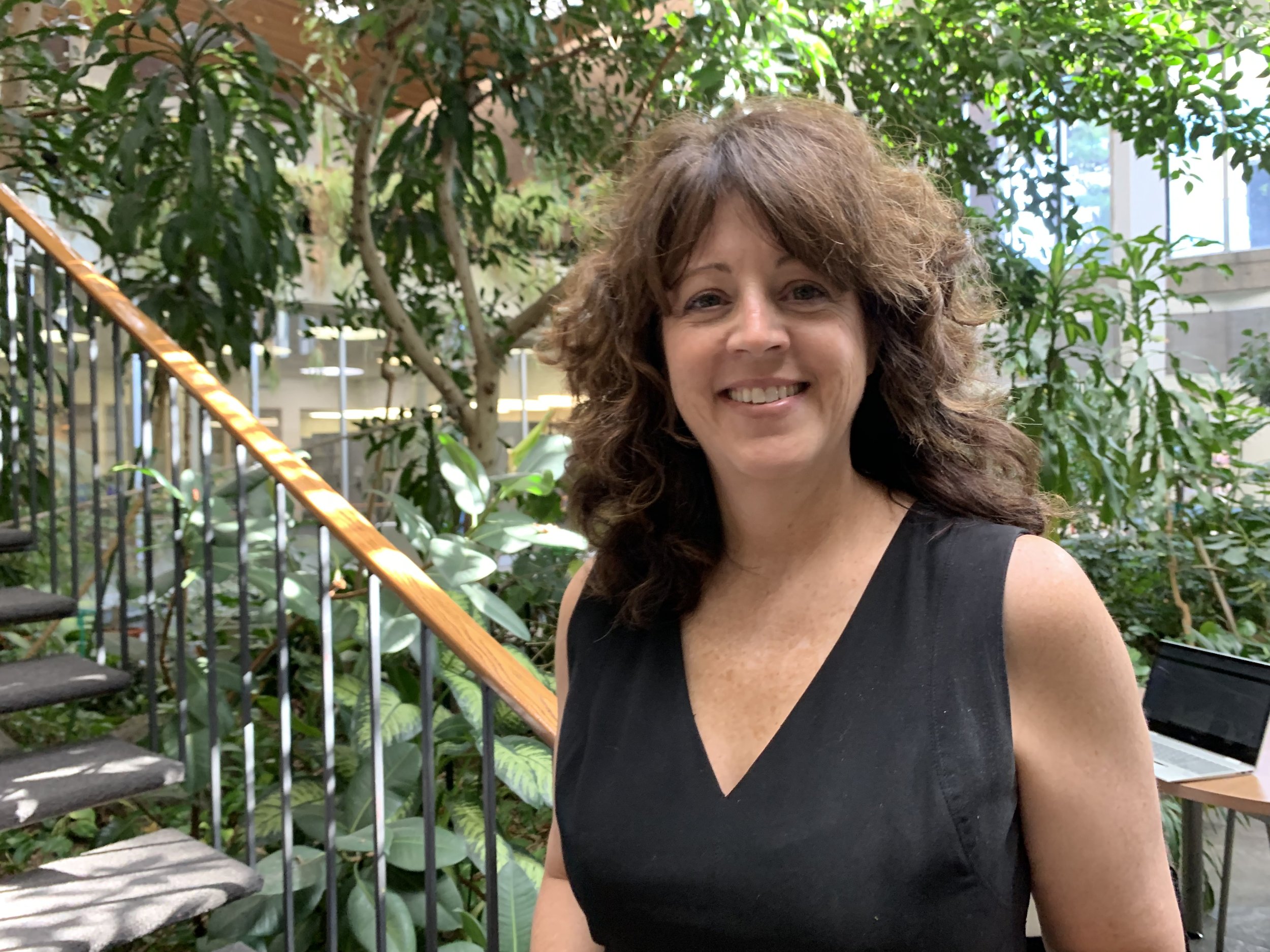


























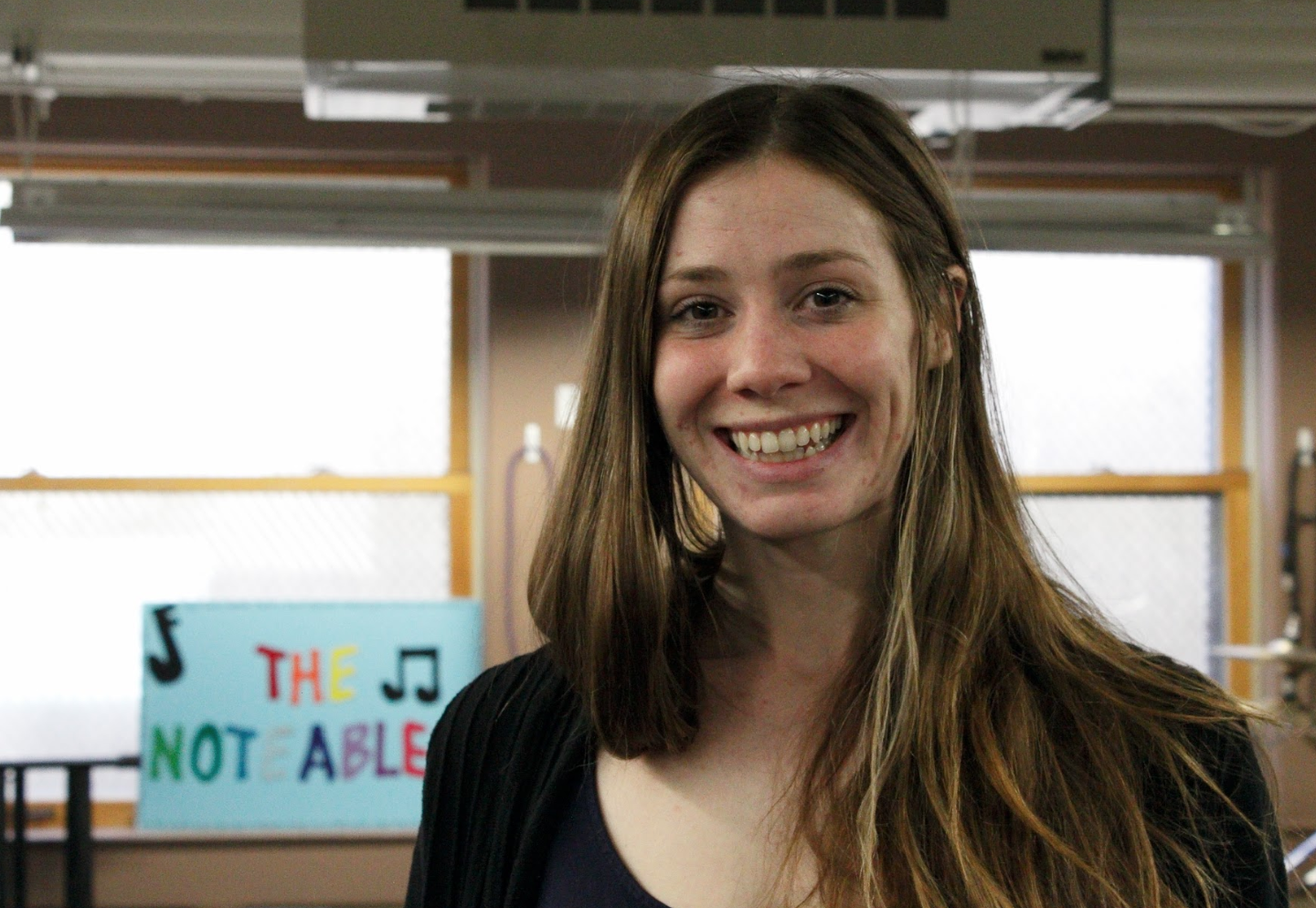












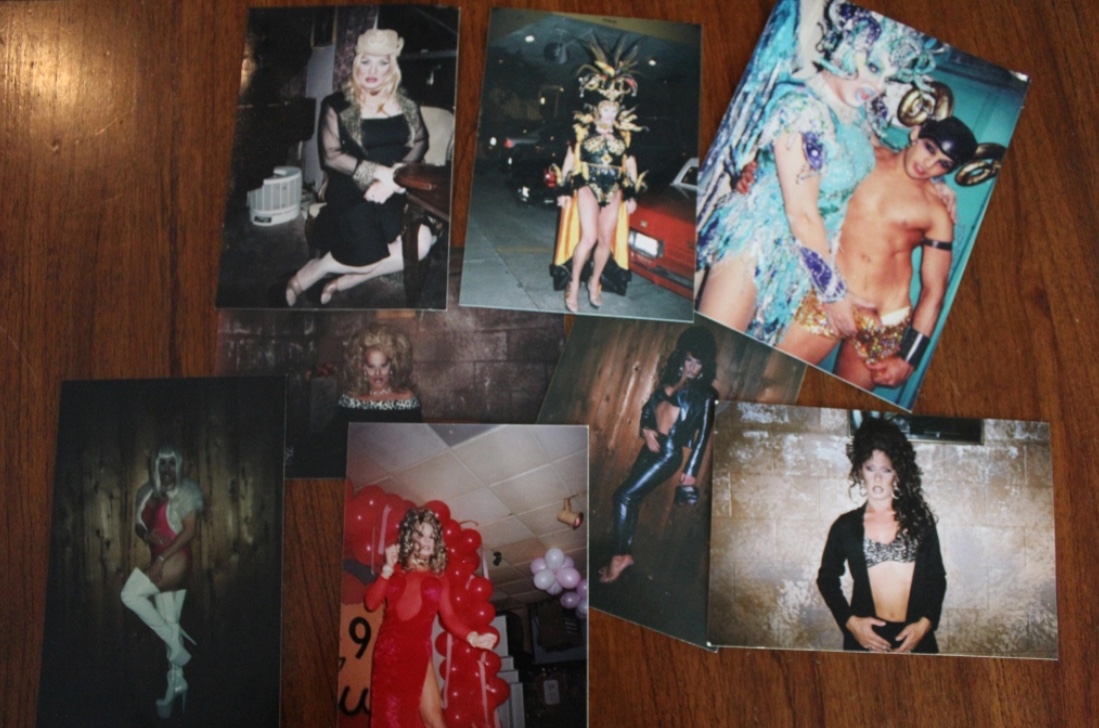


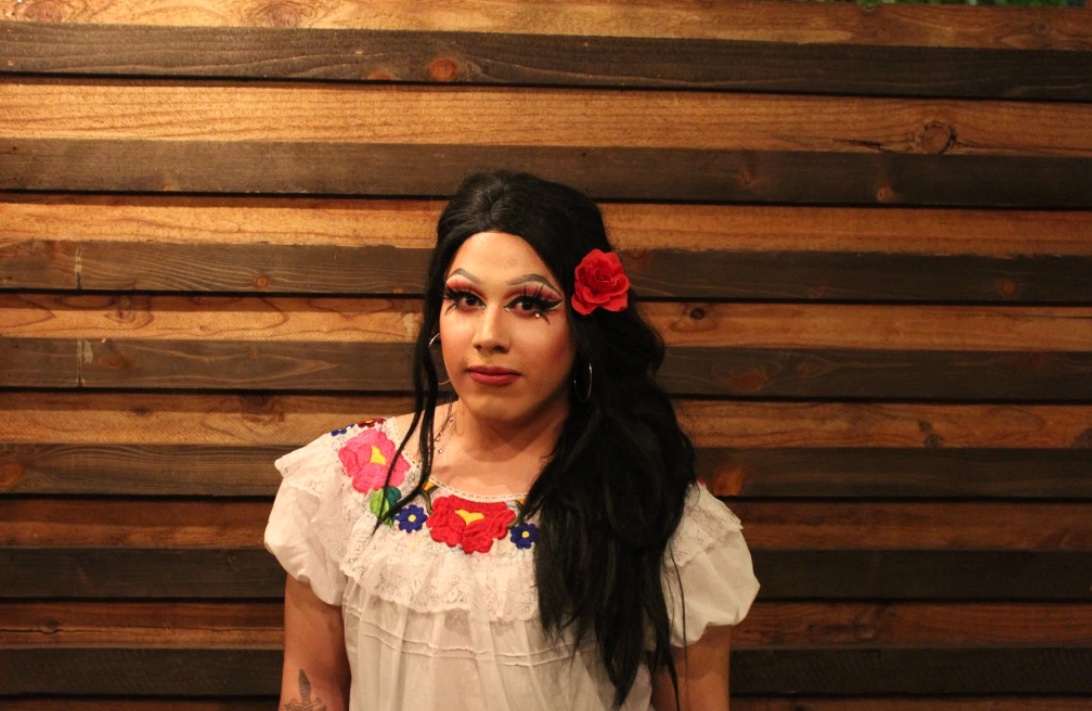




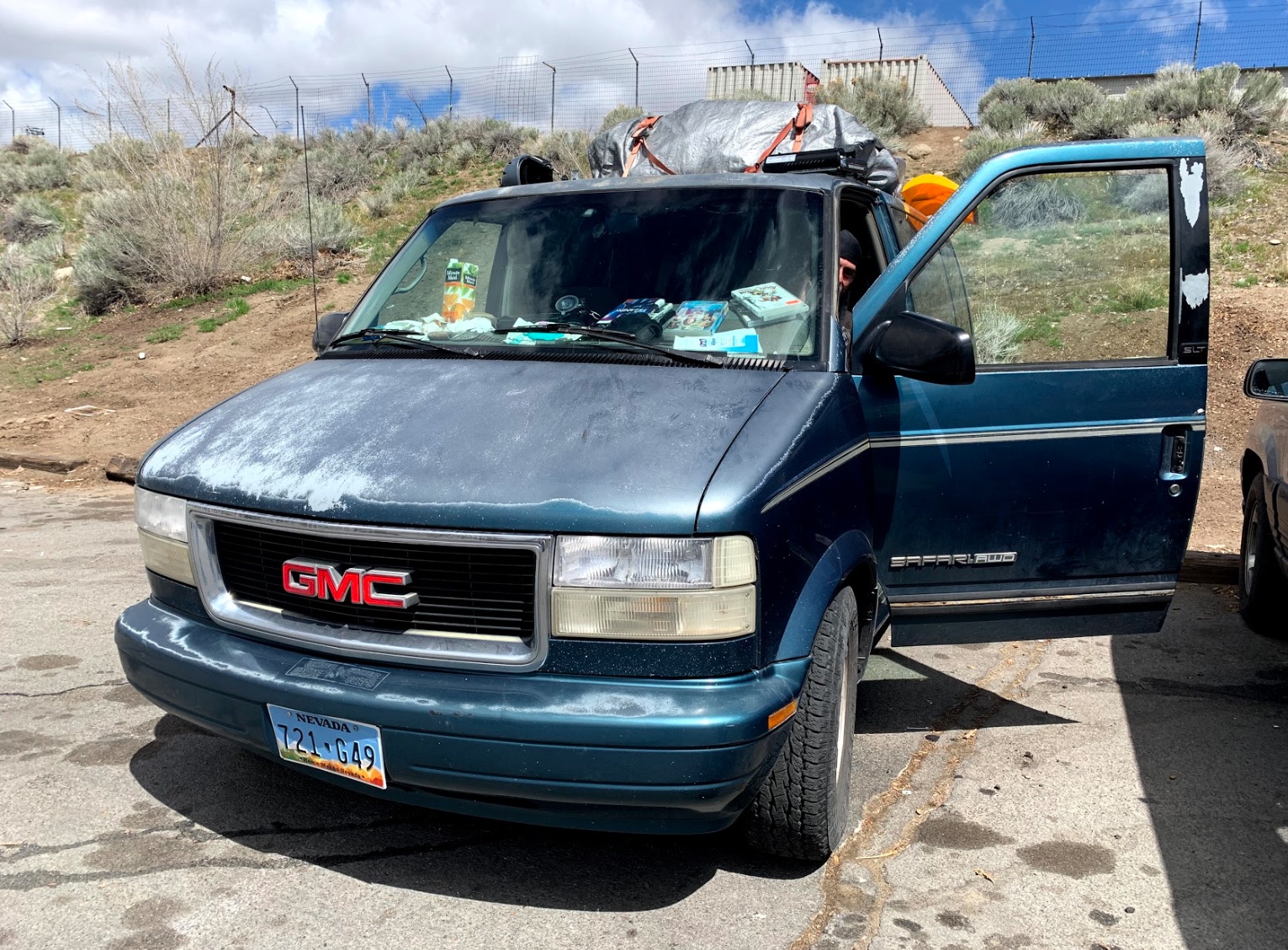



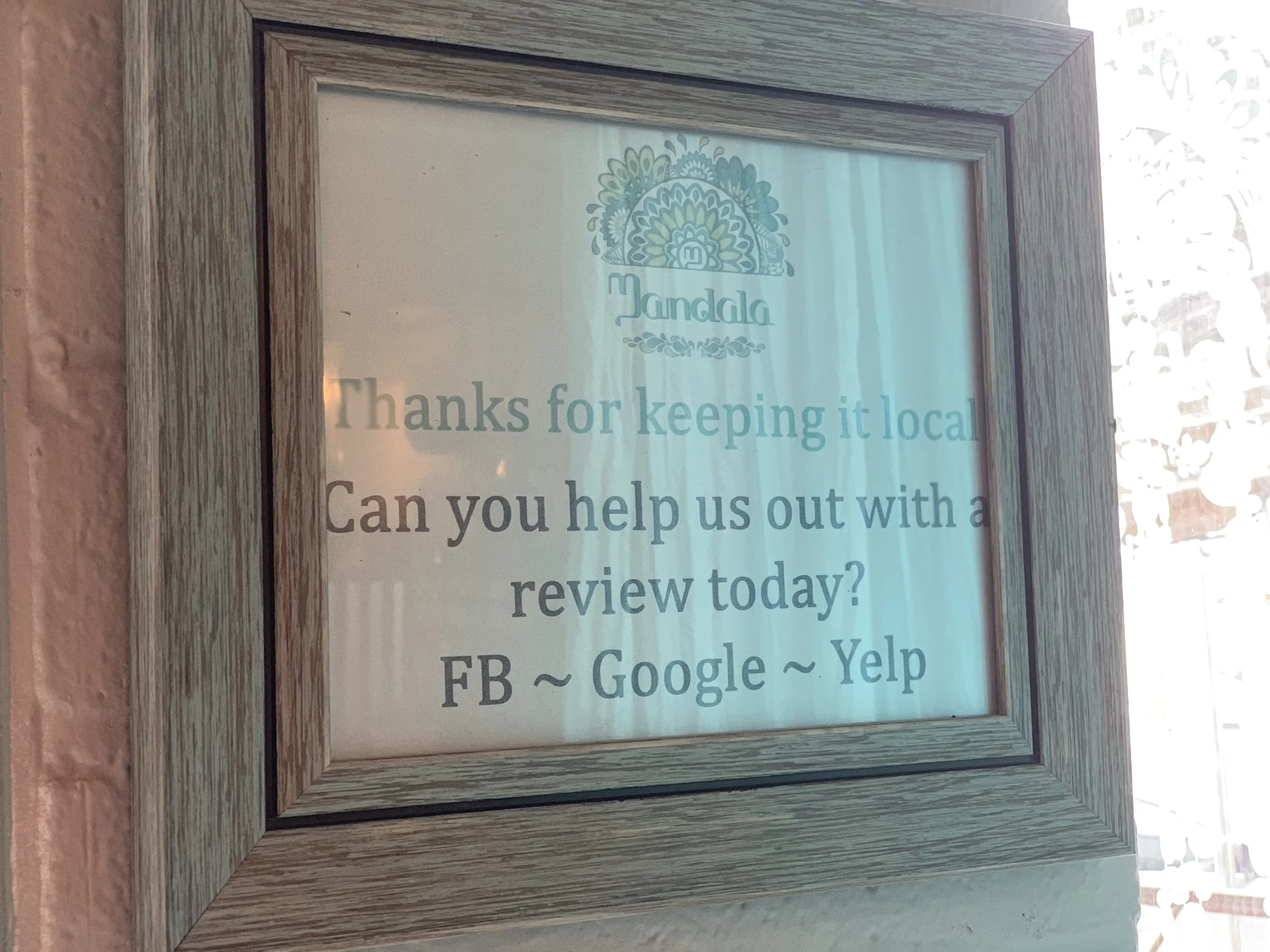




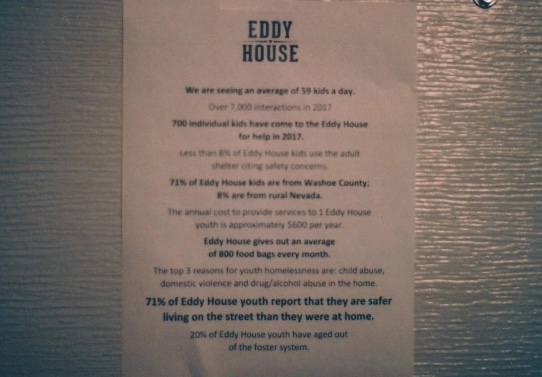
![“[Eddy House] has helped me out a lot. I’ll have no food, I’ll be fresh out of food and they’ll be like, “Hey. Come eat some food …” - Oli](https://images.squarespace-cdn.com/content/v1/5675d221cbced60a236e28b8/1557941460475-ECGXNK27VGWCR167WPQP/cupofnoodles.jpeg)











